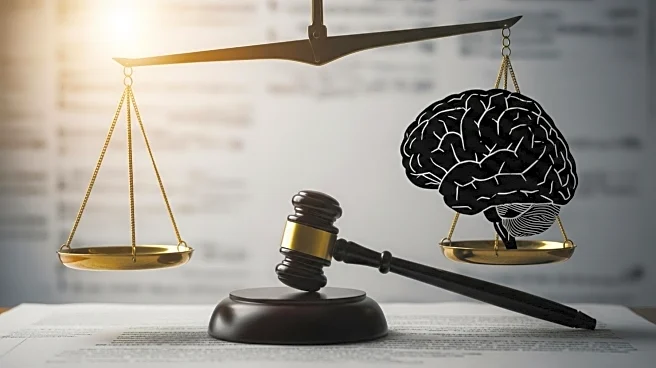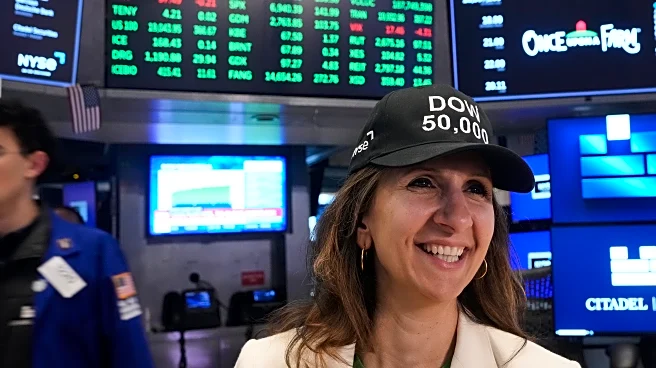What's Happening?
Rosen Law Firm, a global investor rights law firm, has issued a reminder to investors regarding a class action lawsuit filed on behalf of shareholders of Alto Neuroscience, Inc. (NYSE: ANRO). The lawsuit pertains to those who purchased common stock either through Alto's initial public offering (IPO) on February 2, 2024, or during the period from February 2, 2024, to October 22, 2024. The allegations claim that Alto Neuroscience made materially false and misleading statements about its business operations, particularly concerning the effectiveness of its product ALTO-100 in treating major depressive disorder. The lawsuit asserts that these misrepresentations led to an overstatement of the company's clinical, regulatory, and commercial prospects, resulting in financial damages to investors when the truth was revealed.
Why It's Important?
This legal action is significant as it highlights the potential consequences of misleading investors in the biopharmaceutical sector, a field where accurate information is crucial for investment decisions. The outcome of this case could impact Alto Neuroscience's reputation and financial standing, as well as influence investor confidence in similar companies. Shareholders stand to gain if the lawsuit results in financial recovery, while the company could face increased scrutiny and pressure to improve transparency and corporate governance. This case underscores the importance of truthful communication in maintaining investor trust and the potential legal repercussions of failing to do so.
What's Next?
Shareholders interested in participating in the class action must file their motions to serve as lead plaintiff by September 19, 2025. The lead plaintiff will represent the class in directing the litigation. Those who choose not to participate can remain as absent class members. The Rosen Law Firm, which is handling the case, operates on a contingency fee basis, meaning shareholders will not incur fees or expenses unless a recovery is achieved. The case's progression will be closely watched by investors and legal experts, as it may set precedents for future securities litigation.










